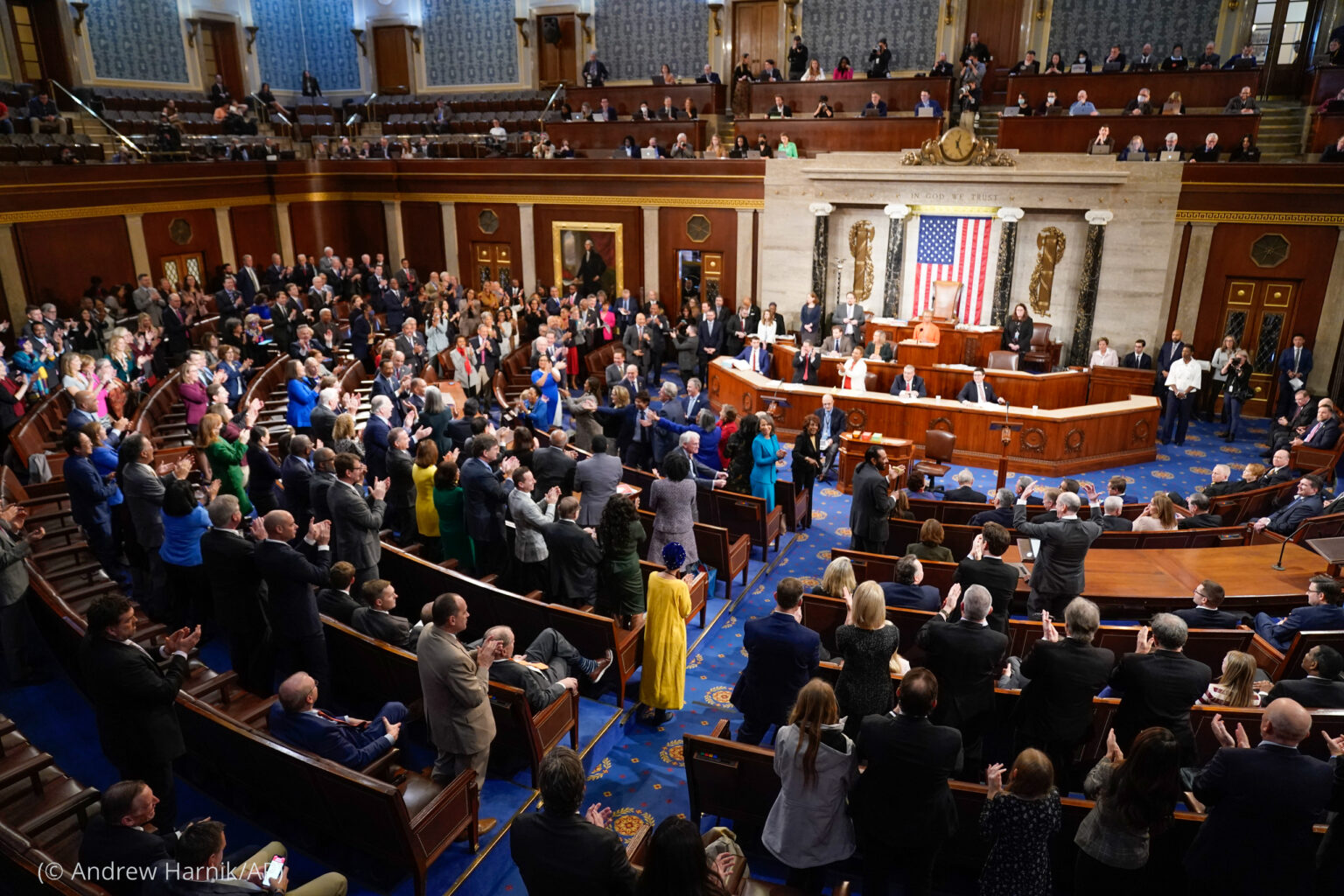The Attorney-General of the Federation and Minister of Justice, Prince Lateef Fagbemi, has described the suspension of the 18 local council chairmen and vice chairmen in Edo State as illegal and unconstitutional.
According to Fagbemi, the power to remove or suspend local government chairmen lies exclusively with the legislative arm of local governments, and not with state governors or assemblies.
Addressing newsmen in Abuja on Thursday, the minister hinged his position on the landmark Supreme Court judgment of July 11, 2024, which decisively granted autonomy to all 774 local government areas across the nation.
He said: “One thing that I know and can say without fear is that under the present dispensation, no governor has the right to remove any local government chairman.
“That much I know. If I did not know before, since July 11, 2024, I became aware that removal of any local government chairman or official would be the prerogative of that local government through their legislative house.”
He initially hesitated to respond to the situation because he wanted to understand the grounds for the reported suspension of the LGA officials in Edo state.
Persecondnews recalls that the Edo State House of Assembly suspended the chairmen and vice chairmen of the 18 local government areas (LGAs) for two months, citing alleged gross misconduct and insubordination.
The Assembly instructed the suspended council leaders to hand over to the legislative leaders of their respective local governments, pending investigation into the allegations.
The suspension was triggered by a letter from Gov. Monday Okpebholo, who accused the officials of insubordination for failing to submit their financial reports from September 23, 2022, as directed.
Reacting to their suspension, the chairmen categorically rejected the decision and vowed to remain in office until their tenure expires in 2026.
Meanwhile, speaking about ongoing reforms in the justice sector, the AGF said the development and adoption of the 2024-2028 National Policy on Justice would help to address the challenges militating against the effective administration of justice in Nigeria.
According to him, the federal government, in its effort to decongest prisons, plans to continue training judges on the importance of awarding non-custodial sentences, such as community service, as stipulated in the Administration of Criminal Justice Act (ACJA) of 2015 and the Nigerian Correctional Service Act (NCSA) of 2019.
He said: “The ACJA, 2015, seeks to reform the administration of criminal justice through the speedy dispensation of justice, protection of human rights, accountability, and oversight between and amongst criminal justice institutions.
“Since its enactment, the Ministry has been leading efforts to ensure its effective implementation to ensure citizens access justice and the protection of their rights.
“The Ministry, through various platforms, supported states to replicate the Act through the adoption of their ACJL.
“Today, I am happy to report that the 36 states of the federation now have their states ACJLs, which, to a very large extent, replicate and further strengthen the provisions of the ACJA for effective implementation at the state level.
“The Justice Ministry is currently collaborating with the Ministry of Interior and Nigerian Correctional Service to conduct an audit of the correctional centres to ascertain the number of inmates, the condition of the correctional centres, the number of inmates, and the different categories of inmates in the correctional centres.
“The first phase of this audit, conducted in 9 states and the FCT, took place between 21st and 25th November, 2024, and it is hoped that when concluded, the outcome will assist the federal government in initiating and implementing appropriate policies and programmes that will enhance effective management of the correctional service.
“While these achievements are commendable, we must remain focused on addressing existing challenges.”
























Leave a comment